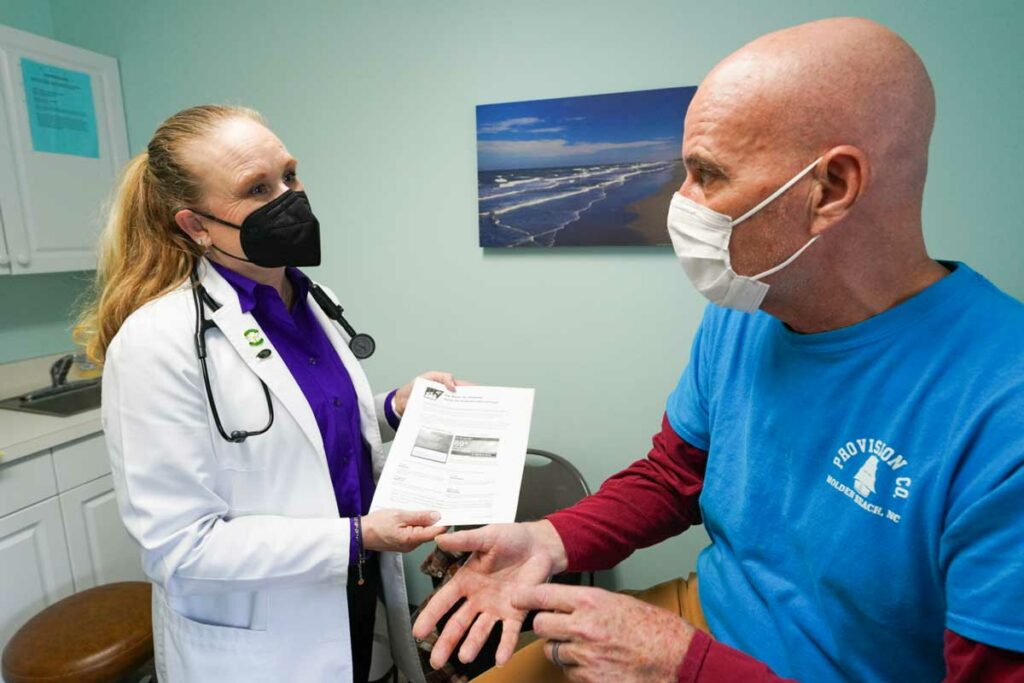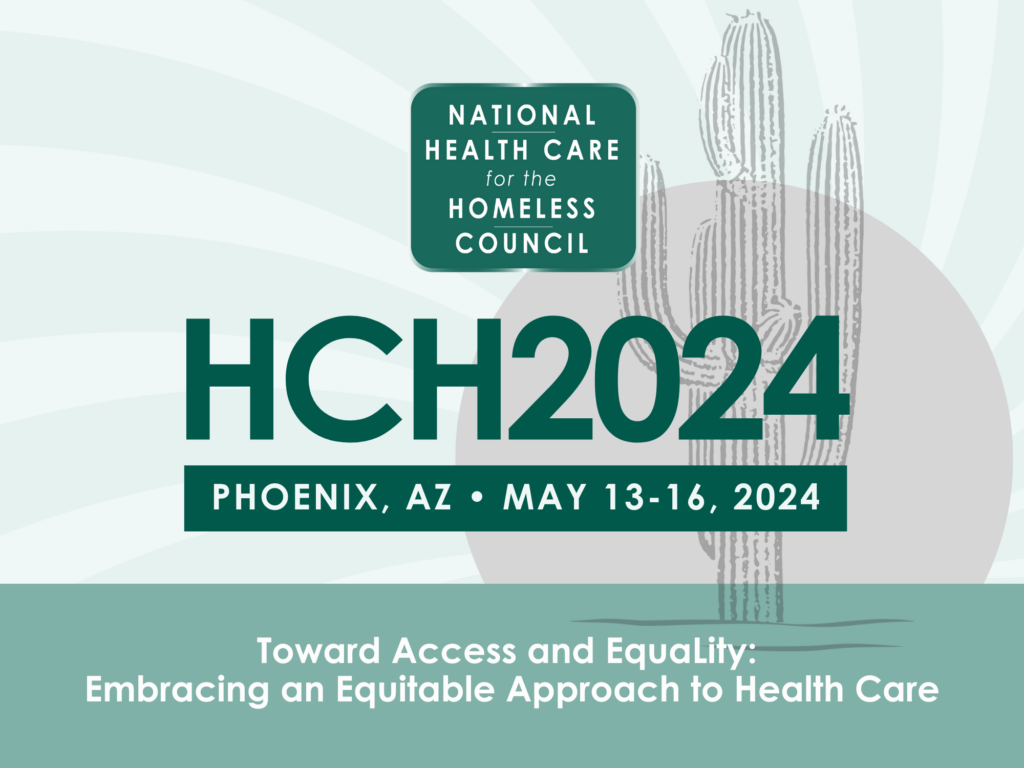Beyond Screening: Using SDOH Data for Effective Care Solutions
Are you interested in learning more about how your Health Care for the Homeless (HCH) health center can address positive social need screens? Join the National Health Care for the Homeless Council and the HITEQ Center on this webinar and learn how to support timely social needs referrals and care planning and operationalize social needs […]
Beyond Screening: Using SDOH Data for Effective Care Solutions Read More >>




